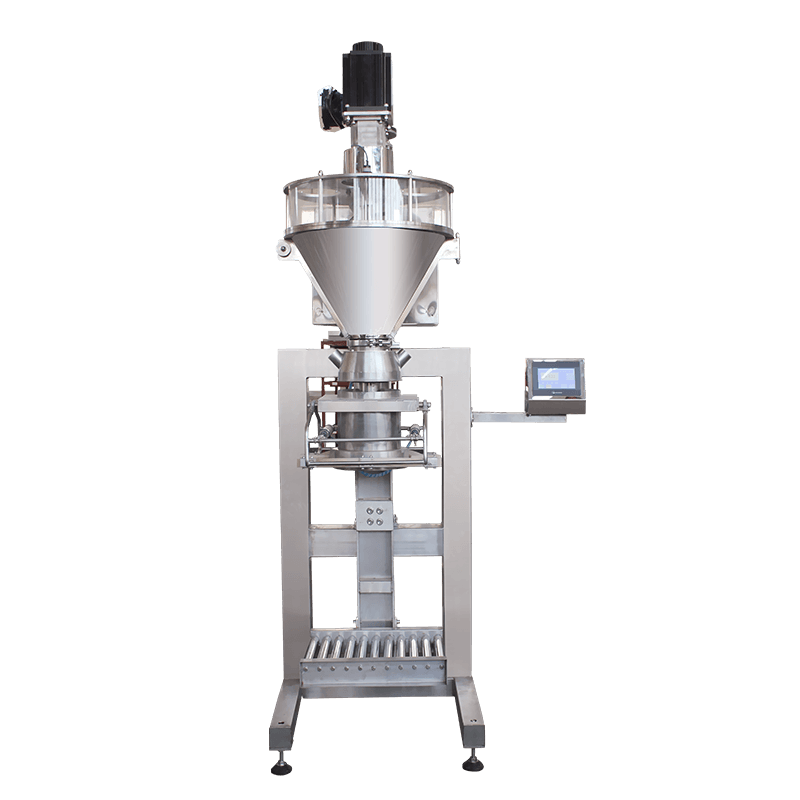Selecting the appropriate powder packaging machine is a critical decision that depends on your specific business needs, budget, and future growth plans. With numerous options available in the market, understanding the key considerations will help you make an informed choice.
Assessing Your Product Characteristics
The first step in choosing a powder packaging machine is evaluating the nature of your product. Factors such as particle size, density, flowability, and moisture content influence the type of equipment required. For example, fine powders like talcum or baking soda might necessitate specialized anti-clogging mechanisms, while heavier granular materials like sugar or salt could require robust auger fillers capable of handling higher weights.
Additionally, consider whether your product requires special handling conditions, such as nitrogen flushing to prevent oxidation or sterile environments for medical-grade powders. Machines equipped with these features will ensure optimal product quality and compliance with regulatory standards.

Matching Machine Capacity to Production Needs
Production volume plays a vital role in determining the right machine for your facility. Small-scale operations or startups may benefit from semi-automatic or entry-level automatic machines that offer affordability and ease of use. On the other hand, large-scale manufacturers should invest in fully automated systems capable of handling thousands of units per hour.
It’s important to plan for scalability as well. If you anticipate significant growth in the near future, opting for a machine with modular designs or upgradeable components will save you from having to replace the entire system down the line.
Budget and Return on Investment (ROI)
While upfront costs are a major consideration, it’s equally important to evaluate the long-term ROI of the machine. High-quality machines may come with a higher price tag but tend to offer superior durability, reliability, and lower maintenance expenses over time. Look for suppliers who provide comprehensive warranties, training programs, and after-sales support to maximize the value of your investment.
Lastly, don’t forget to factor in ancillary costs such as installation, spare parts, and utility requirements. Consulting with industry experts or requesting demos from reputable manufacturers can give you valuable insights into which machine best suits your budget and operational goals.


 English
English Español
Español عربى
عربى













Contact Us